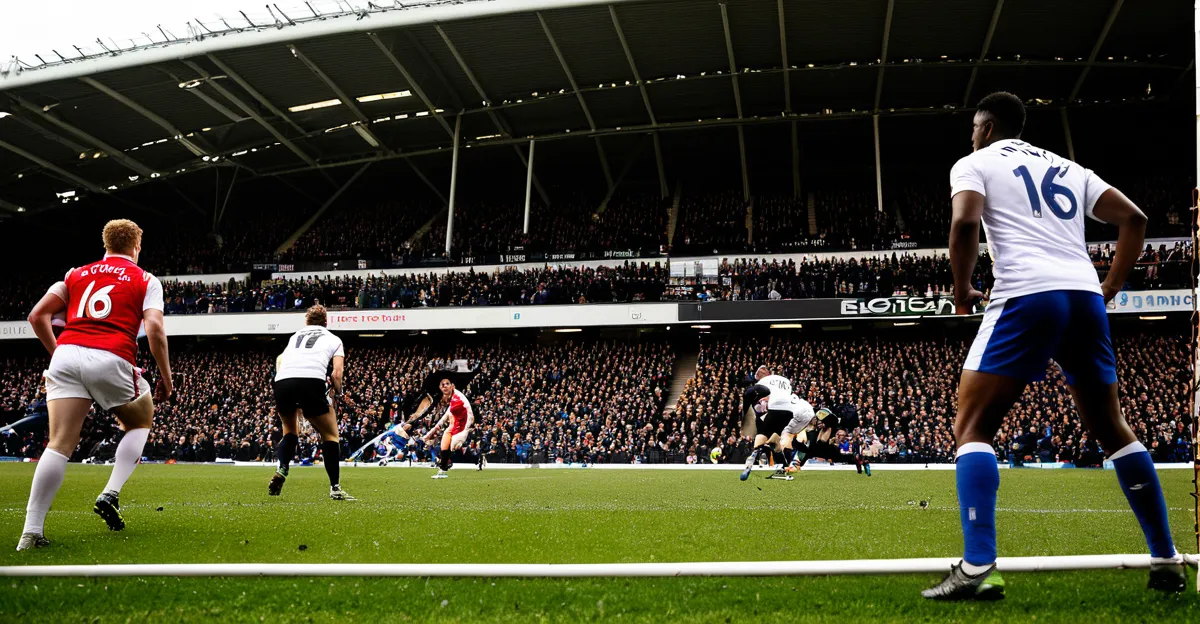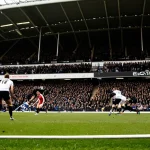The Historical Roots of Sports in UK Culture
Sports history in the UK is deeply intertwined with the nation’s cultural heritage. Traditional British sports such as cricket, rugby, and early versions of football have shaped not only leisure activities but also the very fabric of community life. These sports originated centuries ago, often linked to local customs and seasonal festivals, reinforcing social ties and communal identity.
Early forms of football, for example, were played in villages and towns, fostering friendly rivalry and cooperation among participants. Rugby, with its roots in public schools, emphasized values like teamwork and discipline—qualities that became integral to British social behavior. Cricket, often dubbed the quintessential British sport, was more than just a game; it was a symbol of fair play and gentlemanly conduct, mirroring societal ideals.
This might interest you : How Will the Future of UK Sports Impact Youth Engagement?
The impact of these traditional British sports extends beyond mere entertainment. They laid the groundwork for local gatherings where communities celebrated their heritage and strengthened bonds. Thus, the historical development of sports in the UK has been pivotal in shaping cultural identity and sustaining communal life across generations.
Major Sports and Their Cultural Significance
Traditional British sports like football, rugby, and cricket are more than pastimes; they are foundational pillars of UK cultural identity. Football in UK culture has evolved from local village matches into a nationwide passion that unites communities and sparks intense local pride. The sport’s widespread appeal is evident in countless local clubs that serve as hubs for social interaction and community spirit.
Also to read : How do UK sports teams leverage data analytics for performance improvement?
The origins of rugby in British public schools shaped not only the game’s rules but also instilled values of discipline and teamwork that resonate in broader British social behavior. Rugby remains a symbol of strength and camaraderie across regions. Cricket’s influence extends beyond the pitch; it embodies ideals such as fairness and gentlemanly conduct, reflecting the deeper ethos of British society. Cricket matches, especially those played at historic grounds, have long been a setting for cultural rituals and seasonal gatherings.
These popular British sports act as living traditions, embedding themselves into local customs and celebrations. Their roles transcend recreation, symbolizing local and regional pride, reinforcing social bonds, and continually shaping the UK’s cultural heritage through shared sporting experiences.
Sports Fandom and Community Cohesion
Sports fandom plays a crucial role in promoting social unity through sports across the UK. Local clubs act as centers for gathering, where fans not only support their teams but also build lasting relationships that strengthen UK communities. These clubs foster a sense of belonging, allowing individuals to express identity and pride rooted in shared passion for their sport.
National events amplify this cohesion by uniting diverse groups under common celebrations, creating collective memories that transcend regional differences. Match days often evolve into social rituals, where people from all backgrounds come together, reinforcing social bonds and communal spirit.
Moreover, sports fandom encourages intergenerational interaction, connecting older and younger community members through shared traditions. This dynamic helps maintain cultural continuity and enriches social networks.
By nurturing local and national connections, sports fandom contributes significantly to community cohesion. It offers a platform for social engagement, emotional investment, and collective identity, underscoring the power of sport to unite people across the UK’s varied social landscape.
Social Values and Life Lessons Derived from Sports
Sports in the UK are powerful conveyors of values in sports such as teamwork, discipline, and fairness. These principles deeply influence British social behavior, promoting cooperation and respect beyond the playing field. For instance, teamwork in football, rugby, and cricket teaches individuals to work toward shared goals, a skill mirrored in everyday life and workplaces.
Grassroots sports programs and school-level athletics play a crucial role in nurturing these values, engaging youth early on and shaping their character development. Participation in these activities instills a sense of responsibility and fair play, essential tenets of sportsmanship celebrated across communities.
Moreover, the emphasis on sportsmanship reflects a broader cultural respect for integrity and mutual respect, qualities that are embedded within the UK’s social fabric. This is evident in how games are conducted and supported, highlighting the importance of ethical conduct during competition.
Through values in sports learned at grassroots and educational levels, sports serve as informal but effective schoolrooms for life lessons. They help cultivate attributes that sustain harmonious social relations and reinforce the enduring social impact of British traditional sports.
Influence of Sports on National Events and Cultural Identity
Sports play a central role in national sports events UK, acting as powerful symbols that unite people beyond regional and social differences. Events like the FA Cup Final or the Six Nations Rugby Championship serve as major public occasions where British traditions are celebrated on a grand scale, blending competition with cultural festivities. These events foster a sense of collective pride and reinforce cultural identity by allowing diverse communities to share in common experiences.
How do national sports events contribute to unity in diversity? They create platforms where varied populations come together to support their teams, breaking down social barriers and promoting unity in diversity across the UK. This dynamic helps evolve British cultural identity, making it more inclusive while maintaining its traditional core values.
The evolution of these events reflects broader social changes; the growing multicultural makeup of fans and players enriches the celebrations, redefining what it means to be part of UK culture. As a result, national sports become more than competitions—they transform into cultural rituals that sustain and adapt British identity in a changing society.
Perspectives from Experts and Recent Studies
Sociological studies on UK sports reveal their profound cultural impact. Experts emphasize that sports function beyond mere entertainment, serving as vital arenas for social identity and cohesion. Research consistently highlights how traditional British sports reinforce community bonds and shape British norms of behavior. For instance, sociologists point out that sports fandom nurtures belonging and intergenerational connection, essential for maintaining cultural continuity.
Expert commentary often stresses the evolving nature of sports in reflecting Britain’s increasingly diverse society. Recent studies show that while traditional sports retain their core values, they also adapt to multicultural influences, promoting inclusivity within British cultural frameworks. This dynamic helps sports remain relevant and fosters social unity amid demographic changes.
Current trends underline how grassroots participation continues to reinforce values in sports, shaping youth character while also reflecting broader societal ideals. Experts note a growing emphasis on accessibility and equality in sports programs, which further supports social integration.
Overall, expert analyses affirm that sports in the UK act as powerful cultural agents. They sustain traditions and promote adaptation, bridging historical legacies with contemporary social realities by fostering shared identity and collective well-being.








